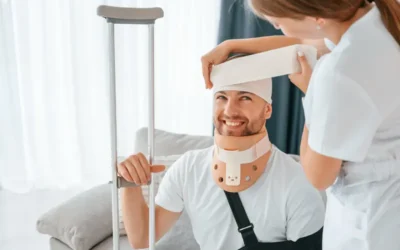Medical evidence is important in litigation, helping to clearly reveal the actual medical aspects of a case. Medical malpractice attorneys, personal injury lawyers, and lawyers practising in other areas of law rely on the healthcare data contained in medical records to develop and argue their case. Obtaining the documents related to a particular case can prove quite challenging and is time-consuming as well.
Five “To Dos” When Placing the Request
Usually, the records will have to be obtained from the healthcare organizations that provided treatment to the patient concerned. This process is relatively simple if you are trying to obtain the records of your client. It is difficult when you are trying to retrieve the records of the adversary. In the latter case, usually you will need a court proceeding, or get the information via discovery or disclosure before the trial.
- A HIPAA-compliant form has to be submitted.
- The request for medical records should be written on letterhead stationery if it is made by an attorney. If the patient is requesting the records directly, the request should contain the correct name and address of the patient.
- The request should be signed by the patient. If the case involves a deceased person, a minor or incompetent individual, a legally appropriate person such as legal guardian, parent, or property administrator can sign.
- If the patient is being treated for alcohol/drug abuse or psychiatric illness, or his/her medical records document HIV-AIDS related information, the request must be accompanied by a special release form that is compliant with state and federal requirements.
- The authorizing signature has in most cases to be validated with the stamp of a notary or commissioner of deeds. Notarization will ensure that your request is not rejected.
Medical records relevant to a case may be obtained from hospitals, physicians’ practices, clinics and so on. Insurance companies that covered the treatment expenses will also have to be sent an appropriate request for the records. Nurse paralegals and nurse attorneys can help you secure the required healthcare documents and review them accurately. Helping them are medical review companies that have specialized expertise in evaluating healthcare records.
The proper processing and use of medical records in your law office demands considerable time and expenses. However, it has to be performed correctly to ensure the best outcome for you as well as your client.




